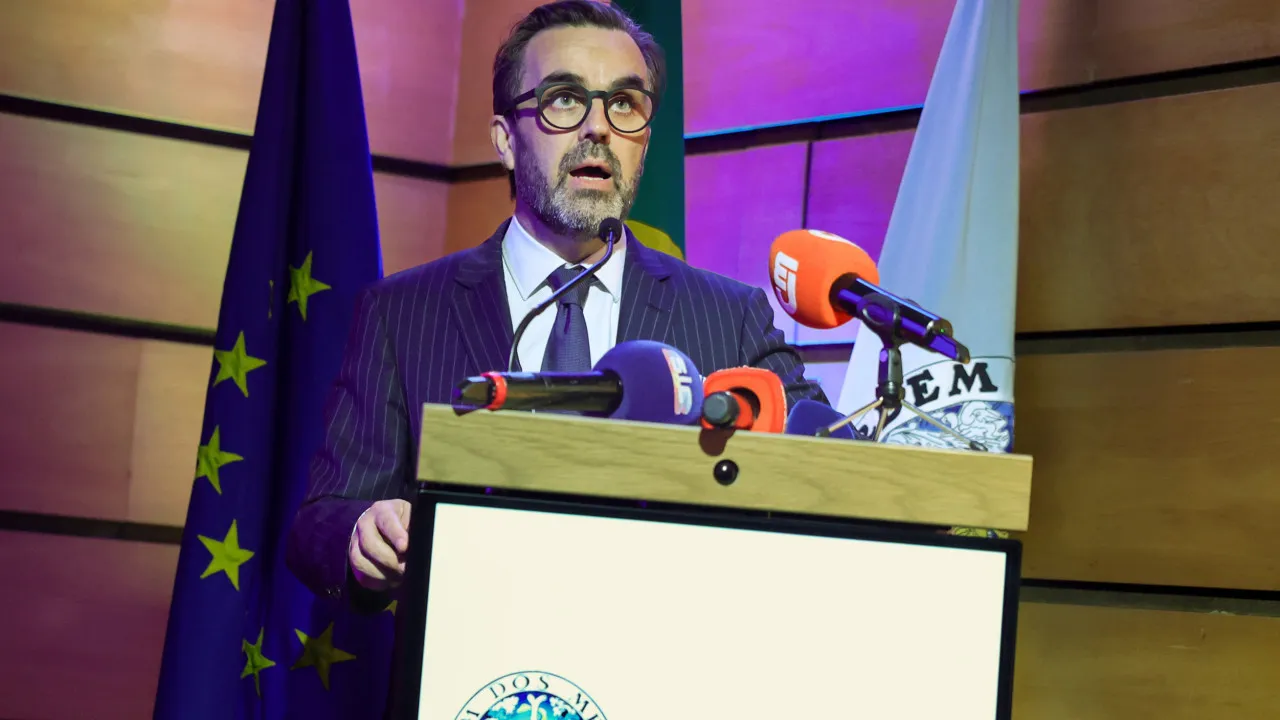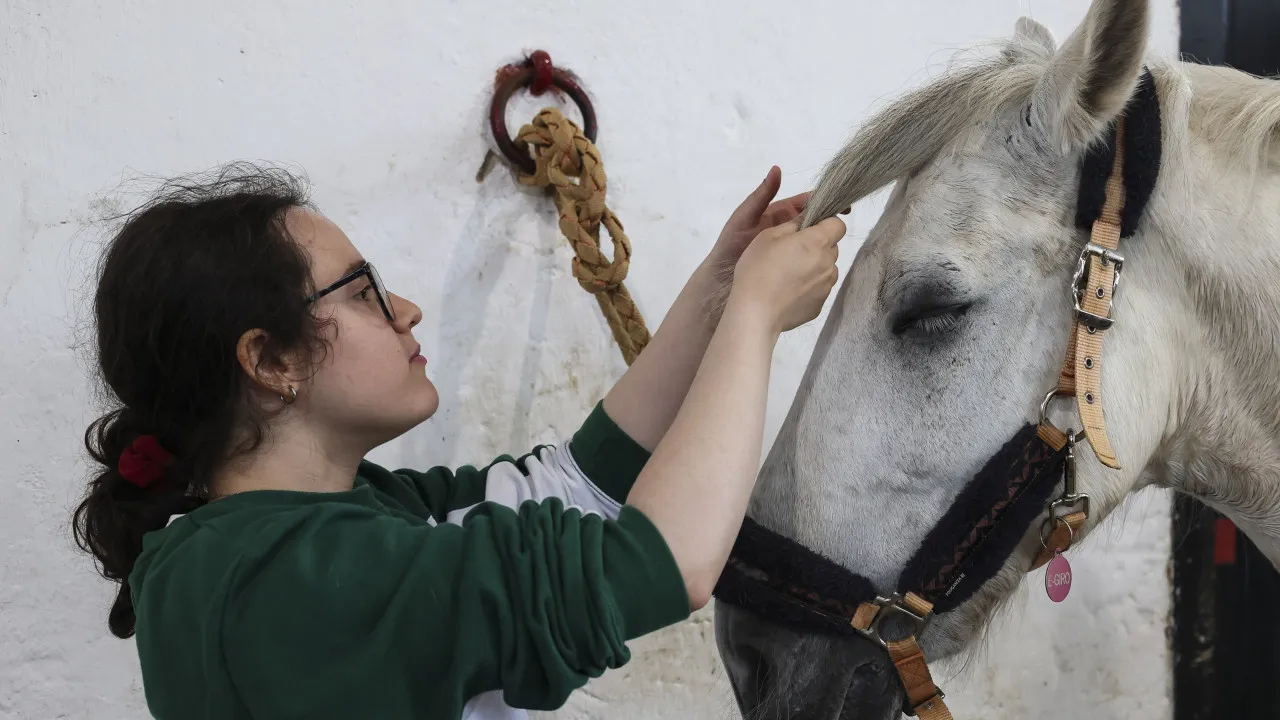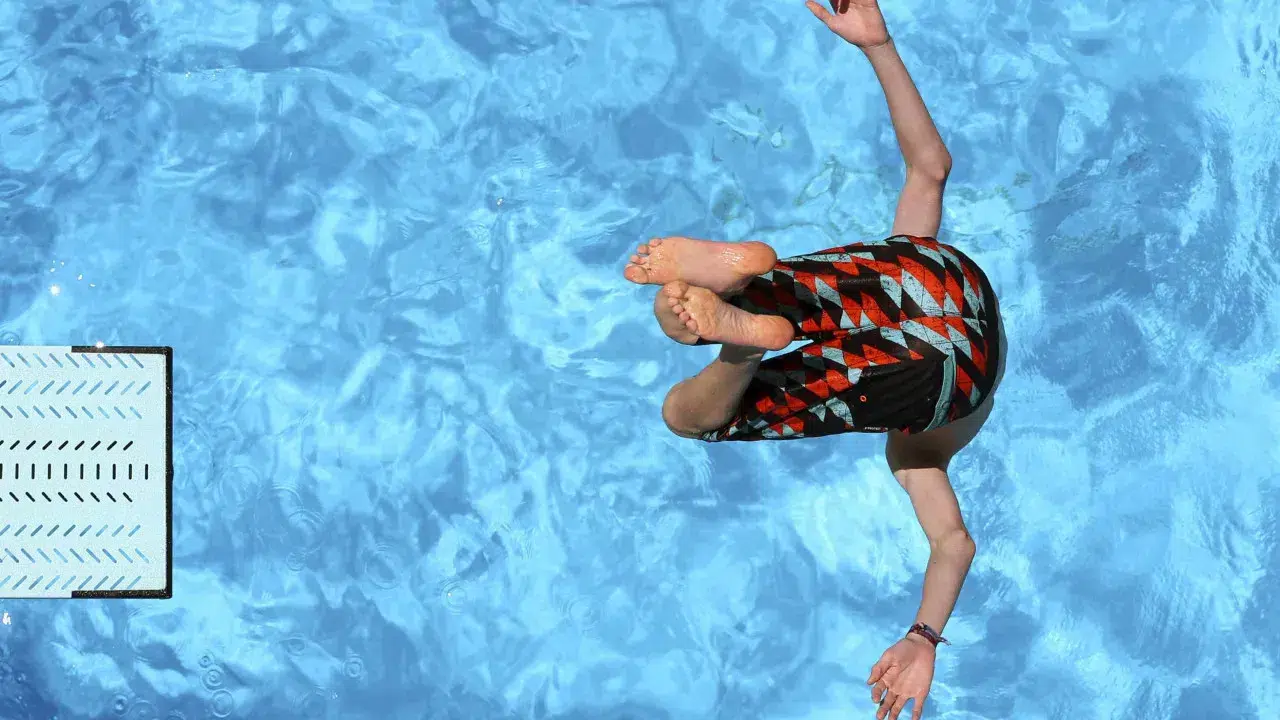The Directorate-General of Health (DGS) may proceed with the purchase of menstrual hygiene products for free distribution in schools and health centers during 2024 and 2025, according to an authorization published this Friday in the Official Gazette (DR).
In total, it is estimated that the distribution costs in the mainland and Autonomous Regions, as well as the expenses related to communicating the initiative, will amount to around 10,000,000 euros, excluding value-added tax.
Accordingly, the expenditure “cannot exceed, in each economic year,” an estimate of 8,000,000 euros for 2024, decreasing to 2,000,000 euros for 2025.
However, “the amount set in the previous number, for each economic year, can be increased by the balance determined in the preceding year” and “the financial charges resulting from this resolution are satisfied by the appropriate funds allocated and to be allocated in the DGS budget.”
It was also established that “the competence for the practice of all subsequent acts to be carried out within the scope of this resolution” is delegated, “with the power of subdelegation, to the government member responsible for the health area.” This resolution “takes effect from the date of its approval.”
The measure was approved by the Council of Ministers on May 23, as menstrual poverty is “one of the realities that the 24th Constitutional Government intends to combat, particularly among young people,” in addition to representing a “way of pursuing gender equality.”
“In this sense, the Government intends to ensure equality in access to health and menstrual dignity and, simultaneously, increase school and economic participation, as access to menstrual hygiene products creates conditions for economically more fragile populations to promote school attendance and participation in economic activities, with a long-term perspective of increased school productivity and economic development,” the text reads.
The Executive anticipates that the measure “will contribute to improving the menstrual health of the population, as access to adequate menstrual products helps prevent infections and other health complications and, thus, is able to reduce the health costs that could result from it.”
“The measure will not exclude anyone based on income or other criteria. […] The estimate of 120,000 people covered is based on women who receive social insertion income and girls with school social action, although other people may access the products,” the Government assured after the meeting.
In the briefing that followed, the Minister of Youth and Modernization, Margarida Balseiro Lopes, considered this measure to be “of the most elementary social justice.”








